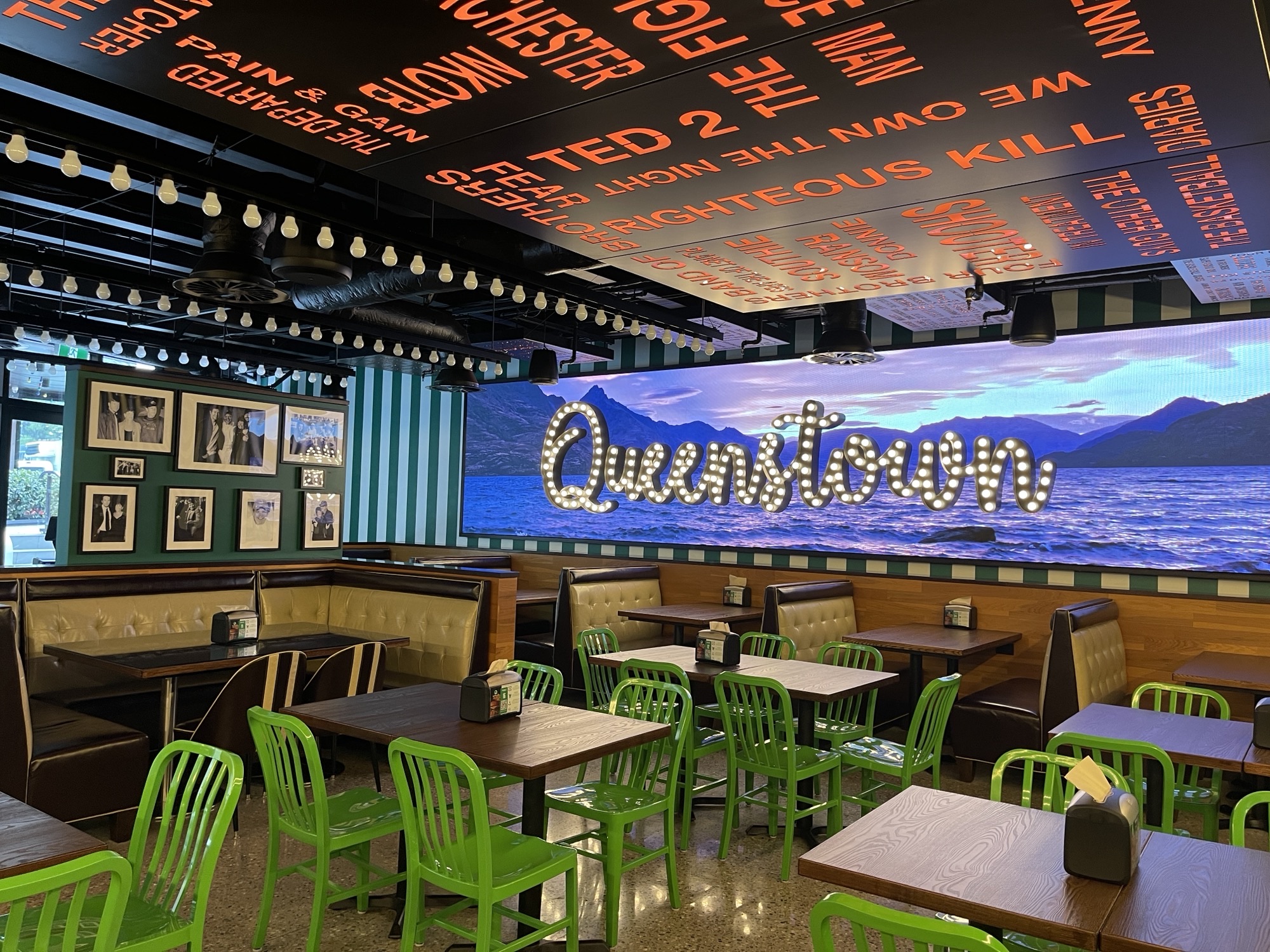CX the key to reviving travel industry
As NZ’s tourism industry shifts its focus to long-term recovery, marketers must leverage insights-led customer engagement to generate sales and enhance the experience, writes Raviteja Dodda.
The reopening of international travel has sparked a surge in tourism to New Zealand, with over half a million visitors expected in January and February alone. However, as the industry shifts its focus to long-term recovery, marketers must leverage insights-led customer engagement to generate sales and enhance the experience, writes Raviteja Dodda.
After months of isolation and confinement, tourists are eager to experience new cultures, try new foods, and make lasting memories. Having thousands of people from around the world keen to satisfy their wanderlust is an excellent problem for the travel industry. But marketers must understand that the expectations of their target audience have evolved over the last three years.
Rethinking Engagement: How Brands Can Adapt to the Changing Needs of Consumers Post-COVID
Consumers now have access to multiple devices and online channels. This makes it more difficult for companies to build brand trust and customer loyalty. According to Forrester, companies that lose focus on customer expectations and the economy in 2022 will face a turning point for customer experience (CX) programs. Recent reports confirm this trend, with almost 40% of marketers in the region stating that measuring customer, campaign, and journey insights will significantly impact their overall business growth and ROI.
Globetrotters expect to receive the right message at the right time and on the right channel from every brand. The bad news for marketers is that digital natives have zero loyalty to any company. These behavior changes require marketers to adopt a different mindset and focus on building hyper-personalized experiences to stand out in an increasingly competitive market. But if marketers analyze behavior, preferences, and patterns in real-time across multiple channels without being intrusive, they can transform the customer experience.
Unlocking the Power of Data-Driven Insights to Elevate the Customer Experience: From Start to Finish
CX programs can help organizations achieve brand aspirations and thrive despite corporate belt-tightening. Data is crucial in identifying what’s working and not in a customer’s journey. However, if it fails to predict their actions or even their changing buying behavior on a human level, it will negate the chance of creating hyper-personalized customer interactions. For instance, ANZ consumers are predominately web or mobile web users. But 73% of consumers also prefer to shop in-store.
Email remains a dominant channel, with cross-channel campaigns created by leveraging several different tools. In contrast, many organizations have now outgrown their traditional email service providers (ESPs). This trend is fuelling demand for consolidated, data-driven personalization and user-centric strategies. This migration from campaign-centric tools to customer-centric solutions helps brands to consolidate data from multiple systems and centralize it to provide a holistic 360-degree view of every customer.
Push Notifications Marketing for Tourism: Boosting Customer Retention
Push notifications (PN) marketing is increasingly essential in consumer retention. In addition, it can also be a powerful way to keep customers engaged and coming back for more. Whether you’re promoting special deals, new products, or upcoming events, push notifications can help you reach your customers in real-time and keep them informed about what’s happening with your business.
Retention marketing and personalization are also crucial for businesses to stay competitive in today’s market. With consumer behavior becoming more volatile due to the endless options available through e-commerce, it’s more important than ever to focus on building long-lasting customer relationships. Retention marketing can provide personalized experiences and tailored offers that keep customers returning for more. Once again, this is essential for business growth and profitability. Especially now, long-lasting customer relationships are integral for success.
Affinity-Based Segmentation: A Game-Changer for Tourism
Another effective tactic is affinity-based marketing. A staggering 91% of customers say they are more likely to shop with brands that provide offers and relevant recommendations. Unfortunately, while many brands see the pressing need for affinity-based segmentation, they are limited by tech stack. There are tools available that can help you segment your audience and target specific groups of customers with tailored offers.
Marketers can stay ahead of the game by implementing effective tactics. Adopting a strategy driven by customer insights and prioritizing the customer experience can help businesses set themselves apart and drive significant growth, especially with the influx of international visitors to New Zealand.
Don’t miss out on this opportunity; act now to elevate your business’s success.
Raviteja Dodda is Co-founder and CEO of MoEngage.






